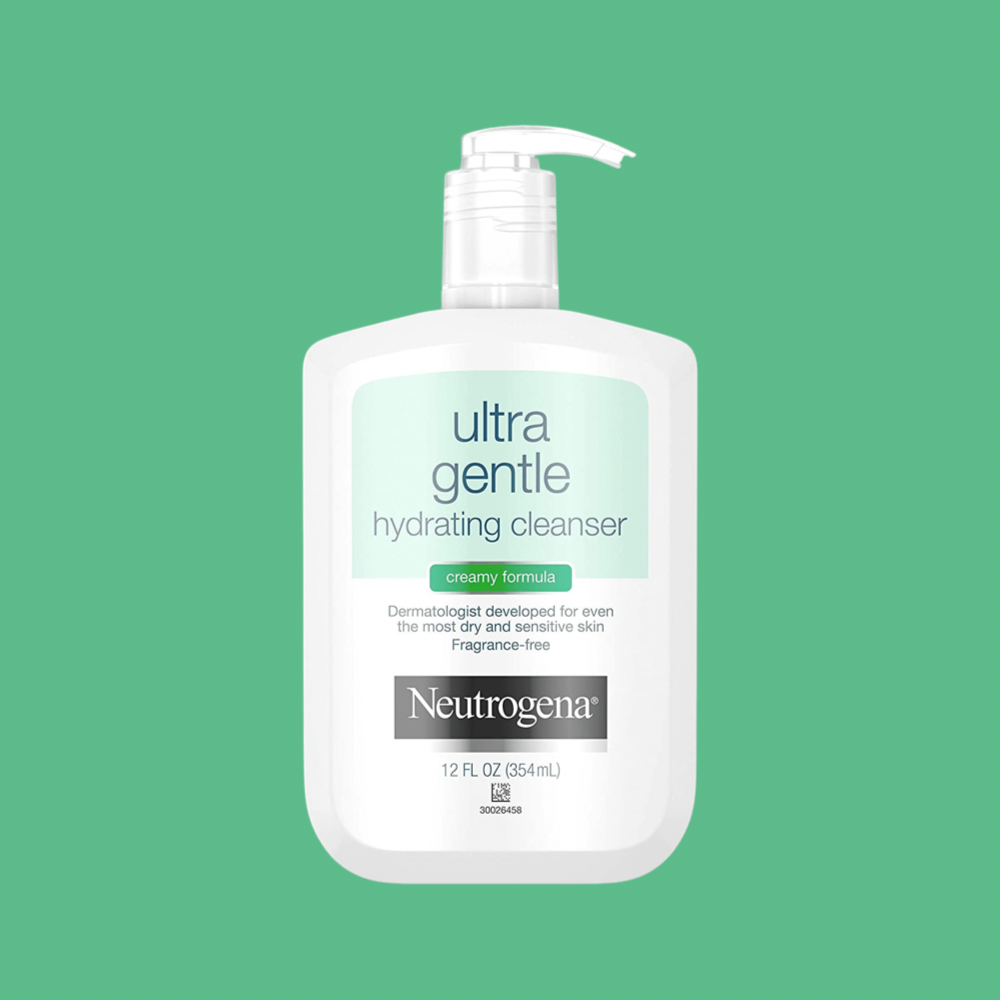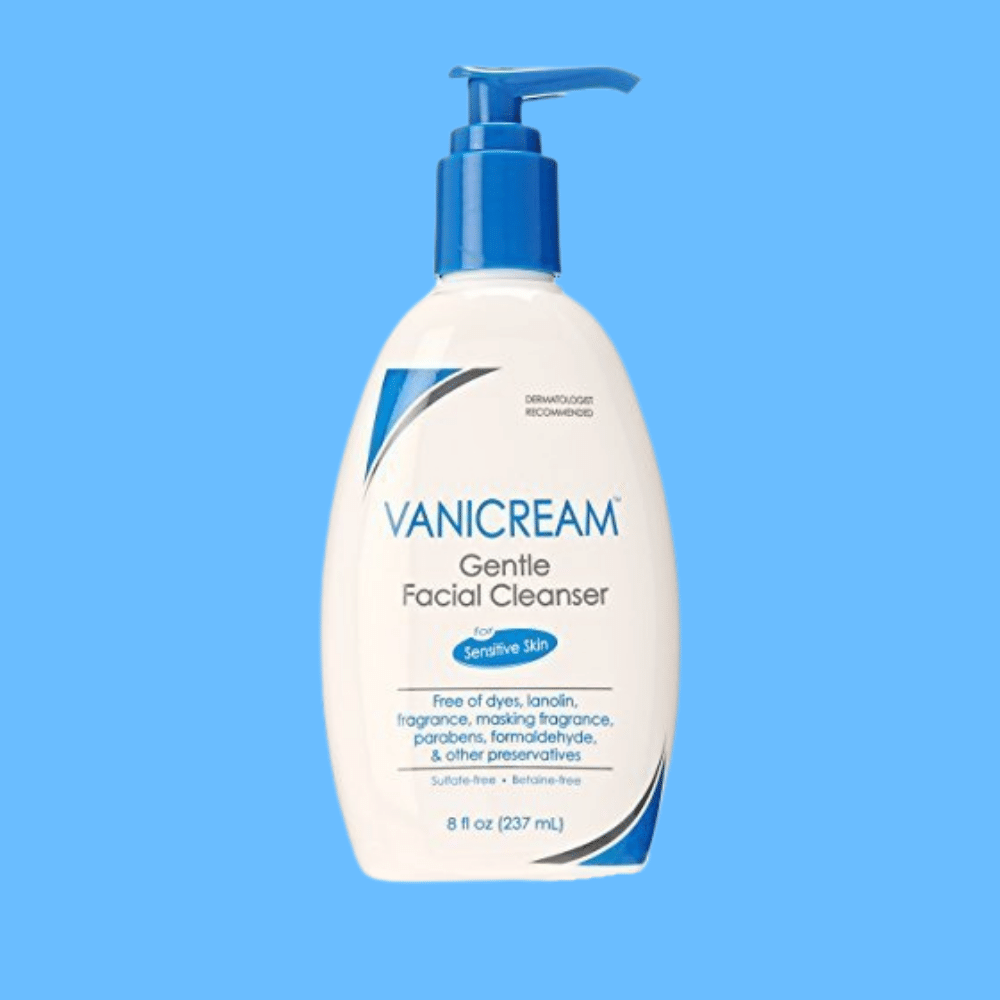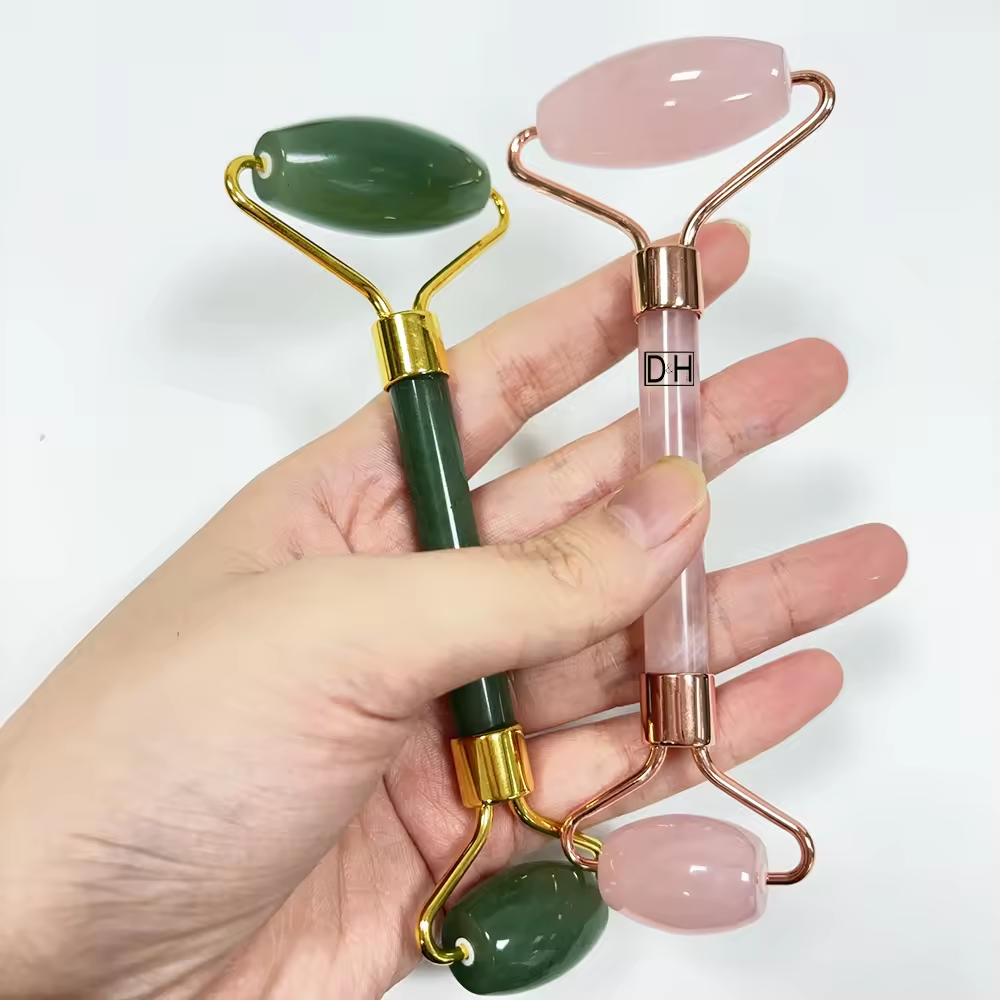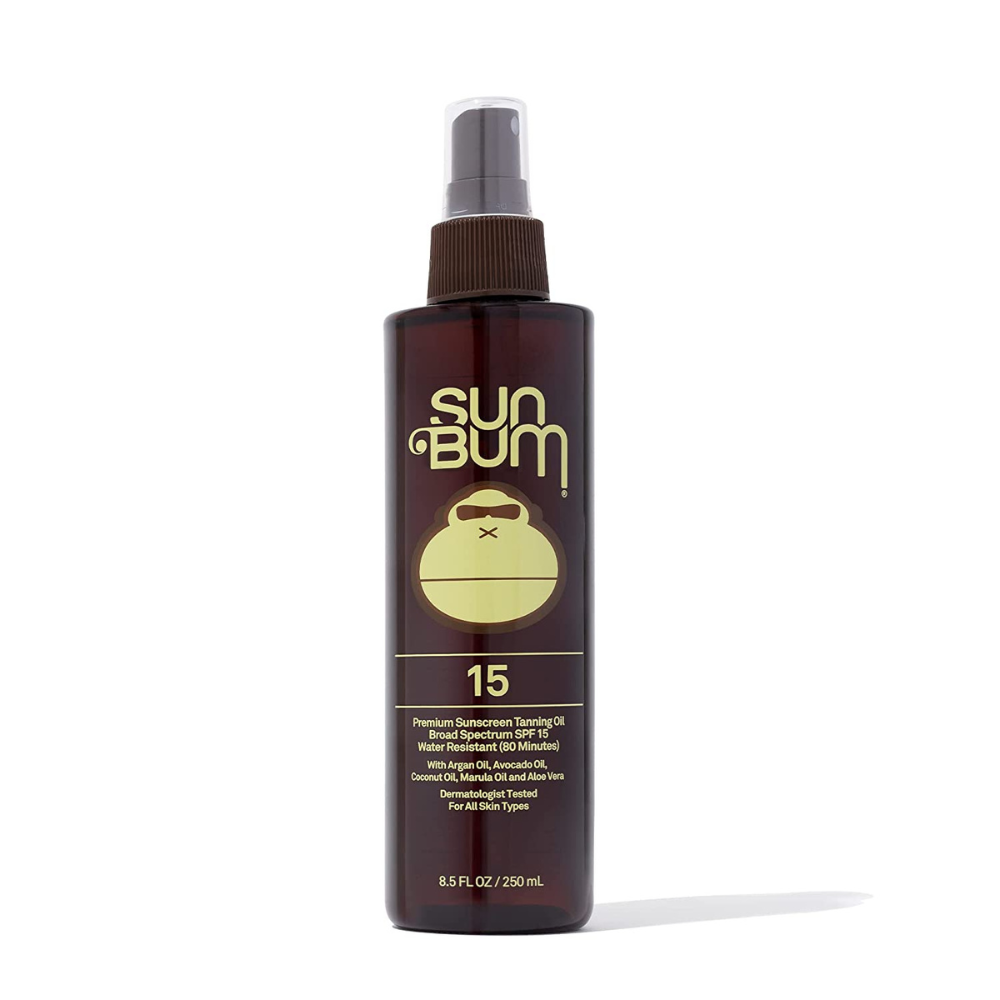Understanding Eczema and Facial Skin Care
Eczema is a skin condition that makes skin red, inflamed, and itchy. Caring for eczema-prone facial skin requires a delicate balance. The right facial cleanser for eczema does not irritate or dry out skin further. Instead, it cleans gently, without taking away essential moisture or oils.
Choose products designed for sensitive skin. These often contain soothing ingredients like aloe vera or glycerin. Avoid harsh chemicals such as alcohols and fragrances that can trigger a flare-up. Look for labels that say ‘hypoallergenic’ or ‘for sensitive skin’ when selecting a facial cleanser.
Always patch test a new cleanser before applying it to your entire face. This means putting a bit of the product on a small area of your skin. Watch for any signs of irritation over a day or two. This step helps to avoid an unexpected eczema outbreak from your facial cleanser.
Remember, managing eczema is about maintaining the skin’s barrier. Use lukewarm water when cleansing and avoid scrubbing your skin harshly. Pat dry gently with a towel instead of rubbing. Your goal should be to cleanse without causing additional stress to your skin.
The Importance of Choosing the Right Cleanser for Eczema-Prone Skin
Choosing the right facial cleanser for eczema-prone skin is a vital step in your skin care routine. The soap or cleanser you use can greatly impact your skin’s health. A suitable cleanser helps to prevent irritation that might worsen eczema symptoms. It’s not just about avoiding discomfort. The right cleanser can also maintain your skin’s natural defenses.
Your skin’s protective barrier guards against environmental irritants and allergens. When you have eczema, this barrier is often compromised. Using the wrong product could strip away natural oils. This makes the skin more vulnerable to eczema flare-ups. A good facial cleanser for eczema cleans effectively without removing these essential oils.
For eczema sufferers, a flare-up means redness, itching, and inflammation. It can disrupt sleep and affect your daily life. By choosing a gentle, eczema-friendly cleanser, you help manage these symptoms. Daily use of the right product supports long-term skin health. It can reduce the frequency and severity of flare-ups.
Remember, everyone’s skin is unique. What works for one person may not suit another. You may need to try several products before finding the ideal facial cleanser for eczema. Be patient and always monitor your skin’s response to a new product.
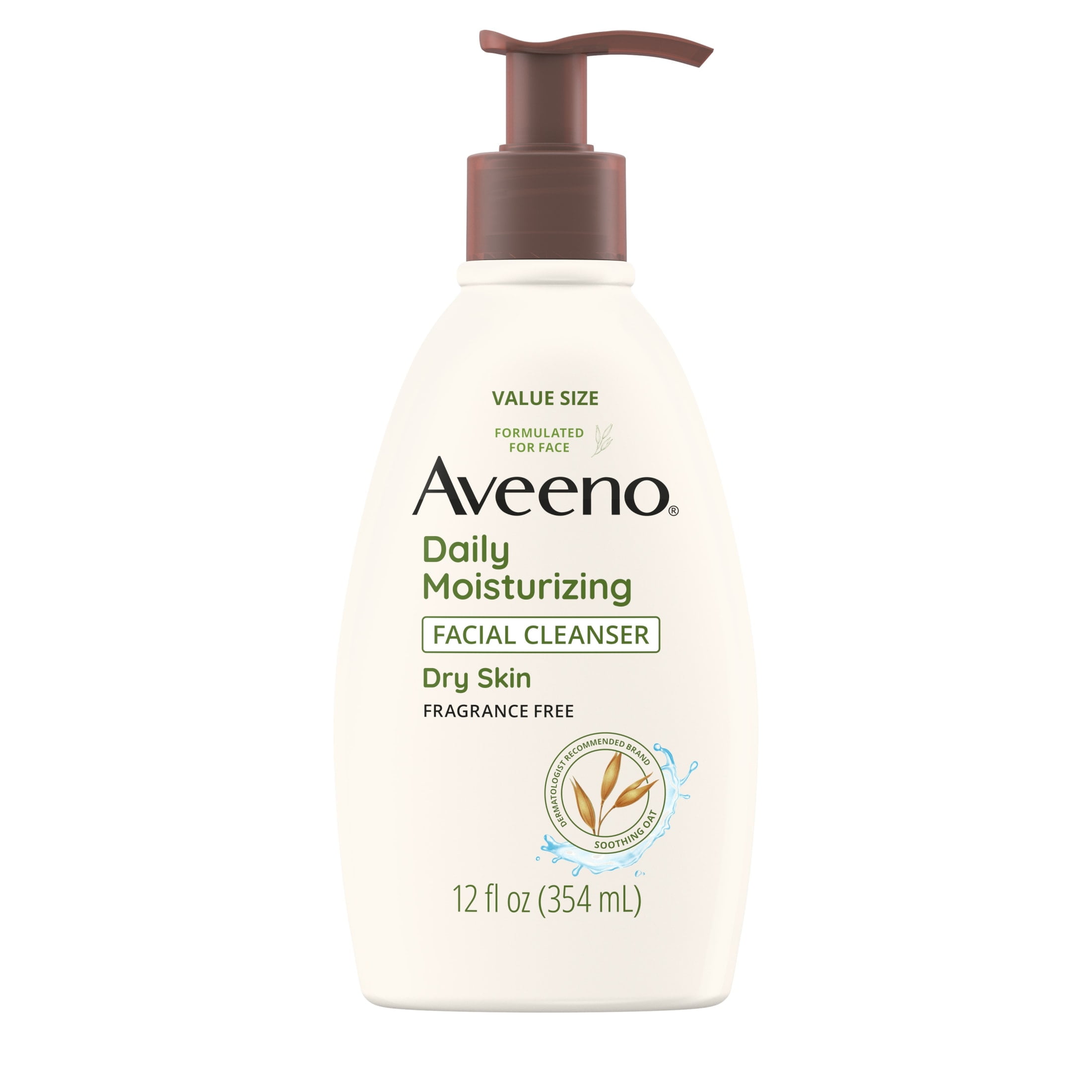
Ingredients to Look for in Eczema-Friendly Facial Cleansers
When searching for a facial cleanser for eczema, certain ingredients can offer relief and benefits. These ingredients help maintain moisture, soothe irritation, and support your skin’s barrier. Look for the following compounds in your cleansers:
- Aloe Vera: Known for its calming properties, aloe vera soothes the skin and reduces redness.
- Glycerin: This is a gentle humectant that pulls water into the skin, keeping it hydrated and soft.
- Hyaluronic Acid: A powerful moisturizer, hyaluronic acid helps to retain skin’s natural moisture levels.
- Ceramides: These fats are vital for keeping the skin barrier healthy and locking in moisture.
- Colloidal Oatmeal: This ingredient eases itching and inflammation, offering comfort for eczema-prone skin.
- Chamomile Extract: It has anti-inflammatory properties, reducing skin flare-ups and calming irritation.
Choose cleansers that prominently feature these ingredients. They will nourish and protect your skin without triggering eczema. Remember, keeping your skin’s needs in mind is key when shopping for an eczema-friendly facial cleanser.
Ingredients to Avoid in Facial Cleansers for Eczema
When managing eczema, it’s not just about what you use, but what you avoid. Certain ingredients in facial cleansers can worsen eczema symptoms. Stay away from these components to guard your skin’s health:
- Sulfates: These are harsh detergents that strip skin of natural oils. They can cause irritation and dryness.
- Fragrances: Artificial perfumes and scents may smell nice but can trigger eczema flare-ups. They often lead to allergic reactions.
- Alcohols: These can be very drying, especially for sensitive skin. Avoid cleansers with high alcohol content to prevent further drying out your skin.
- Parabens: These preservatives can disrupt your skin’s balance and lead to irritation.
- Formaldehyde: Some cleansers contain formaldehyde-releasing agents. These are linked to skin sensitivity and irritation.
- Salicylic Acid: While useful for acne treatment, salicylic acid can be too harsh for eczema-prone skin.
To help your eczema, choose a facial cleanser for eczema that is free from these irritating ingredients. Opt for products labeled ‘fragrance-free’ rather than ‘unscented,’ as the latter may still contain masking fragrances. Be diligent in reading labels and understanding what each ingredient means for your skin. If in doubt, consult with a dermatologist to find the safest choices for your eczema care routine.
Top Recommended Facial Cleansers for Eczema
In your quest for the perfect facial cleanser for eczema, consider these favorites. They have earned high praise for their gentle, eczema-friendly formulas.
- Cetaphil Gentle Skin Cleanser: This cleanser is a staple for many with sensitive skin. It is free from harsh chemicals and fragrances.
- Vanicream Gentle Facial Cleanser: Ideal for its simplicity, Vanicream’s cleanser has no dyes or parabens. It’s great for soothing eczema.
- La Roche-Posay Toleriane Hydrating Gentle Cleanser: This product includes ceramides and niacinamide. Both are known to help restore the skin barrier.
- Aveeno Ultra-Calming Foaming Cleanser: Aveeno’s formula with feverfew extract calms irritated skin. It’s free from soap and fragrances.
- First Aid Beauty Face Cleanser: Rich in aloe and glycerin, this cleanser treats skin gently. It works well for eczema-prone faces.
Remember to always patch test new products. Even the top recommended ones may not suit everyone. Be mindful of how your skin reacts and adjust your choice as needed. When trying a new cleanser, introduce it slowly. Use it every other day to start, then observe your skin’s response.
Selecting the right facial cleanser for eczema goes a long way. It supports your skin’s barrier and prevents flare-ups. Take time to choose wisely and consult a dermatologist if you need personalized advice.
How to Properly Use Cleansers to Manage Eczema Flare-Ups
Learning the correct method to cleanse eczema-prone skin can help in managing flare-ups effectively. Here are some vital steps to follow when using a facial cleanser for eczema:
- Wet Your Face with Lukewarm Water: Begin by using lukewarm water to dampen your face. Hot water can irritate eczema and cause more dryness.
- Apply the Cleanser Gently: Use your fingertips to apply a facial cleanser for eczema. Do this with soft, circular motions. Avoid scrubbing, as it can damage your skin.
- Use the Right Amount: A nickel-sized amount of cleanser is usually enough. Using too much may irritate your skin. It’s essential to keep things gentle and moderate.
- Rinse Thoroughly: After cleansing, rinse your face well with lukewarm water. Ensure no residue is left, as it could cause irritation.
- Pat-dry Your Skin: Dry your face by patting it softly with a clean towel. Abrasive drying can harm the skin’s surface.
- Follow with Moisturizer: While the skin is still damp, apply an eczema-friendly moisturizer. This helps to lock in moisture.
Remember, consistency is key. Use your facial cleanser for eczema once or twice daily, based on what your skin can tolerate. Don’t switch cleansers often. Give your skin time to adjust to a product. Should you notice increased dryness or irritation, reduce the frequency of cleansing. If problems persist, seek advice from a dermatologist. Managing eczema means being attentive to how your skin feels day-to-day. Adjust your use of cleansers accordingly for the best results. And always avoid using harsh towels or sponges that can exacerbate your condition.
Tips for Incorporating Eczema-Friendly Cleansers into Your Daily Routine
Integrating an eczema-friendly facial cleanser into your daily routine doesn’t have to be difficult. Here are some straightforward tips to help you use your facial cleanser for eczema effectively every day:
- Set a Consistent Cleansing Schedule: Determine the best time to cleanse your face, usually in the morning and before bed. Stick to this routine to maintain your skin’s health.
- Keep Your Cleanser Accessible: Place your cleanser where you will remember to use it. For many, this means keeping it by the bathroom sink or in the shower.
- Combine with a Moisturizer: After cleansing, immediately apply a moisturizer for eczema. This helps to seal in moisture and protect the skin barrier.
- Use Gentle Application Techniques: Remember to cleanse with a soft touch. Gentle, circular motions with the fingertips are best. Avoid aggressive rubbing.
- Be Mindful of Water Temperature: Always use lukewarm water. Too hot or too cold water can shock the skin and worsen eczema symptoms.
- Limit Your Cleansing Time: Don’t cleanse for too long. A quick, efficient wash is enough to remove impurities without stripping the skin.
Following these tips can make sure that your use of a facial cleanser for eczema supports your skin care goals. A little care and consistency go a long way in managing eczema.
When to See a Dermatologist for Eczema Skin Care Advice
Managing eczema often requires more than just a good facial cleanser. It might be time to seek a dermatologist’s advice if you experience the following situations:
- Persistent Flare-Ups: If you have frequent eczema flare-ups despite using an eczema-friendly facial cleanser, see a dermatologist.
- Severe Symptoms: For intense itching, redness, or pain, professional help can provide relief.
- Skin Infections: Eczema can lead to cracks and open sores, increasing your risk of infection. If you suspect your skin may be infected, don’t wait. Get a dermatologist’s help.
- No Improvement: If you’ve tried multiple products without positive results, a dermatologist can offer specialized care.
- Impact on Daily Life: When eczema affects sleep, work, or overall quality of life, it’s wise to consult a medical professional.
- Guidance on New Treatments: Dermatologists keep up with the latest in eczema care. They may suggest treatments you haven’t tried.
- Allergic Reactions: If you have an allergic reaction after using a new facial cleanser or other product, a dermatologist can help identify specific allergens.
Remember, a dermatologist is an expert in skin care. They can provide personalized advice to manage your eczema effectively. With their guidance, you can develop a tailored skin care routine, learn about prescription treatments, and take proactive steps for healthier skin.

